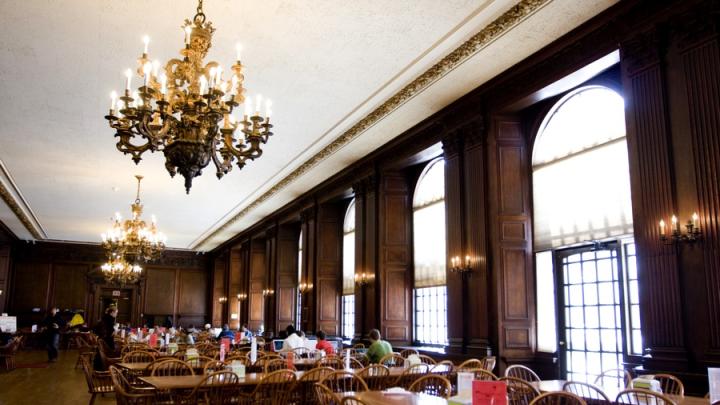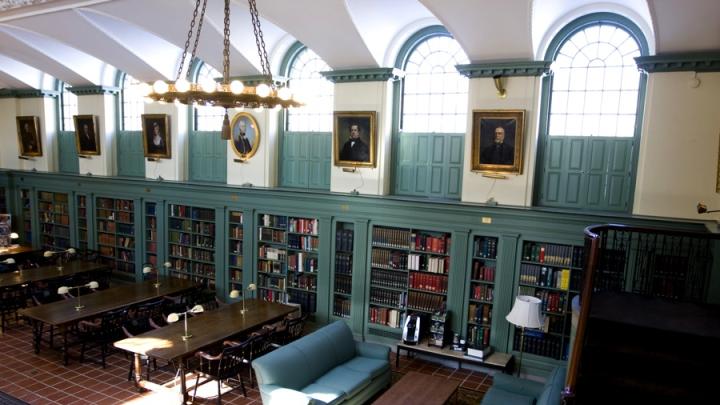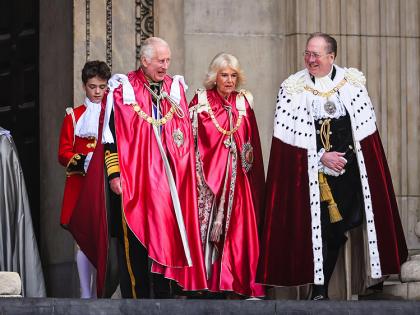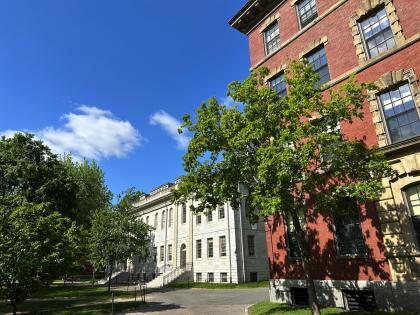In early April, dean of Harvard College Evelynn M. Hammonds released the results of a year-long review of the residential House system, commissioned as part of the preparations for a major physical renovation of the Houses [see “What Makes (and Remakes) a House,” July-August 2008, page 66]. The Report on Harvard House Renewal includes undergraduate survey results, the findings of focus groups, and the recommendations of the House Program Planning Committee; as Hammonds wrote in an accompanying letter to colleagues, it affirms “that the House system is essential, not ancillary, to a Harvard education as it aims to engage students in the intellectual life of the College and the University beyond the classroom.”
The recommendations run the gamut of House life, ranging from the educational and programmatic to the architectural. Pointing to the importance of the Houses in promoting meaningful faculty-student interaction, for example, the report calls the Senior Common Room system (which affiliates a number of faculty and staff members with each House) “an outdated concept that in many cases is not working well….” Proposed instead is a new House Fellows program, to be tested in a few Houses, in which participants would be appointed to short, renewable terms with clearly defined expectations.
Another aim of the review process was to identify common spaces that could be shared among Houses, such as grilles, event venues, and theaters. Dining halls, deemed “the hub of House life,” were excluded because they serve many purposes, even when not in use for dining.
There were also many reaffirmations of what the Houses do right and should uphold, including their commitment to individual House libraries, to intergenerational interactions, and to a residential population size of 350 to 500 students. Although the project ultimately aims to eliminate “walkthrough” bedrooms and overflow housing as part of badly needed renovations of the physical structures and their systems, construction planning has not begun. That expensive work—though largely dependent on fundraising in the current fiscal situation—is projected to begin in 2012, and to take 12 years to complete.









